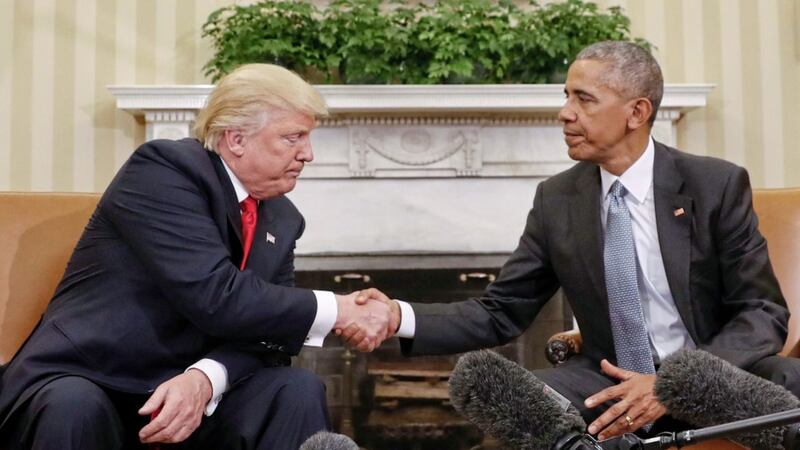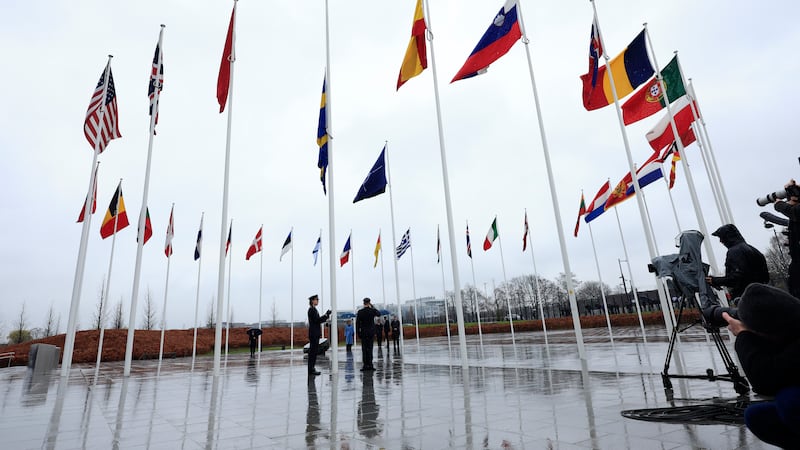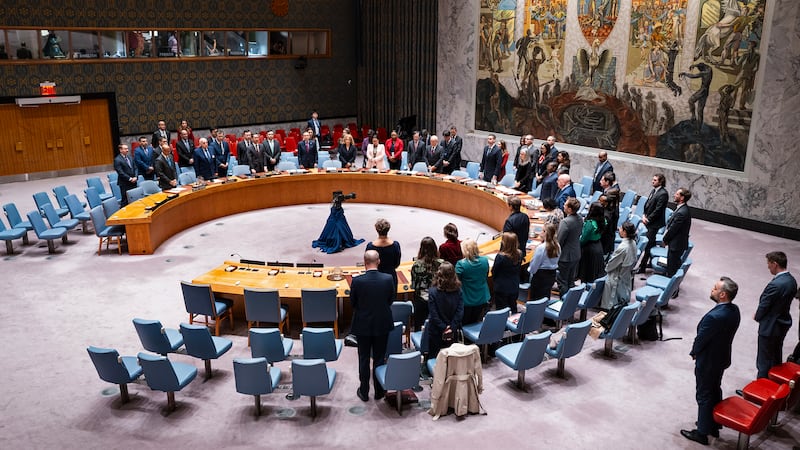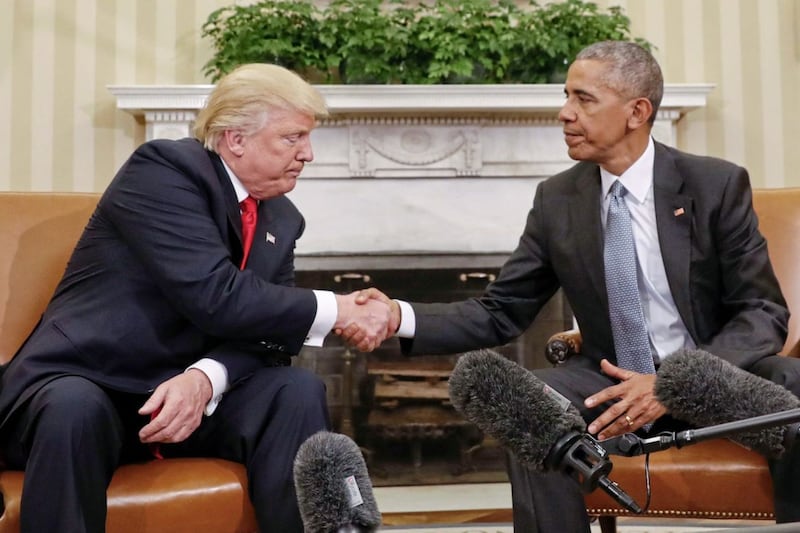THE increase of Israeli settlements has "gotten so substantial" that it is inhibiting the possibility for an "effective, contiguous Palestinian state", Barack Obama has said in his final interview as US president.
Speaking to CBS' 60 Minutes, Mr Obama dismissed the idea that there was a "major rupture" in the relationship between the United States and Israel after last month's decision by the US to abstain from a United Nations vote condemning Israeli settlements.
"Because of our investment in the region, and because we care so deeply about Israel, I think (the US) has a legitimate interest in saying to a friend, 'This is a problem'," he said.
"It would have long-term consequences for peace and security in the region, and the United States."
The outgoing president reflected on his legacy and his biggest challenges during his eight years in office during the hour-long interview.
A number of his policies, from health care to his contentious relationship with Israel, could be short-lived as president-elect Donald Trump becomes the 45th president later this week and vows to reverse some of them.
Mr Trump has been vocal about his disapproval of many of Mr Obama's policies, often voicing his disagreement or engaging in public disputes with the president on Twitter.
Most recently, Mr Trump lashed out over hypothetical comments Mr Obama made that he would beat Mr Trump if they ran against each other in a general election.
During the festive holiday, Mr Trump accused Mr Obama of throwing up "inflammatory" road blocks during the transition of power and his administration of treating Israel with "total disdain".
Mr Obama acknowledged ii had been an "unusual" transition, adding: "I suspect the president-elect would agree with that.
"We are moving into an era where a lot of people get their information through tweets and soundbites and some headline that comes over their phone.
"There's a power in that. There's also a danger - what generates a headline or stirs up a controversy and gets attention isn't the same as the process required to actually solve the problem."
Mr Obama warned people not to "underestimate the guy" and urged congressional Republicans and Trump supporters around the country to be sure "that as we go forward, certain norms, certain institutional traditions don't get eroded, because there's a reason they're in place".
He said there needs to be a focus on "making sure that our democracy stays healthy, and making sure that we maintain that sense of solidarity".
With that, he said he had been "disturbed" about intelligence reports over Russia hacking the US election.
"I have been concerned about the degree to which, in some circles, you've seen people suggest that Vladimir Putin has more credibility than the US government," he said.
"You're not going to be able to make good decisions without building some relationship of trust between yourself and that community."
Mr Obama also reflected on his approach to the civil war in Syria, as it approaches its sixth year with hundreds of thousands dead and millions displaced around the world.
The president acknowledged that his "red line" declaration about the use of chemical weapons by Syrian president Bashar Assad's government was not in his 2012 speech and that he did not have to use those words.
They later prompted harsh criticism, since the US did not follow through on the threat.
"I would have, I think, made a bigger mistake if I had said, 'Eh, chemical weapons. That doesn't really change my calculus'," he said.
"And regardless of how it ended up playing, I think, in the Beltway, what is true is Assad got rid of his chemical weapons."



